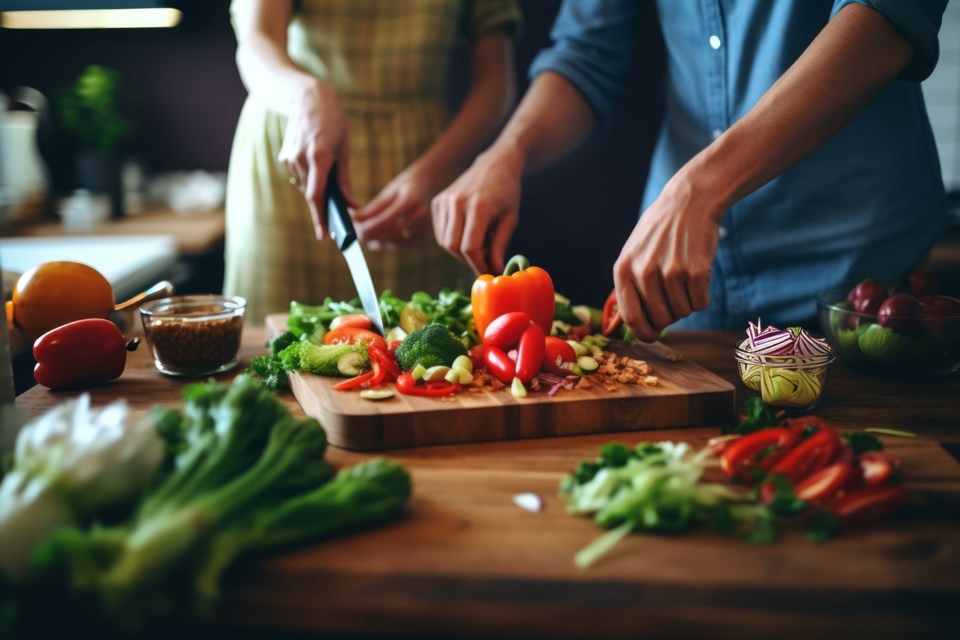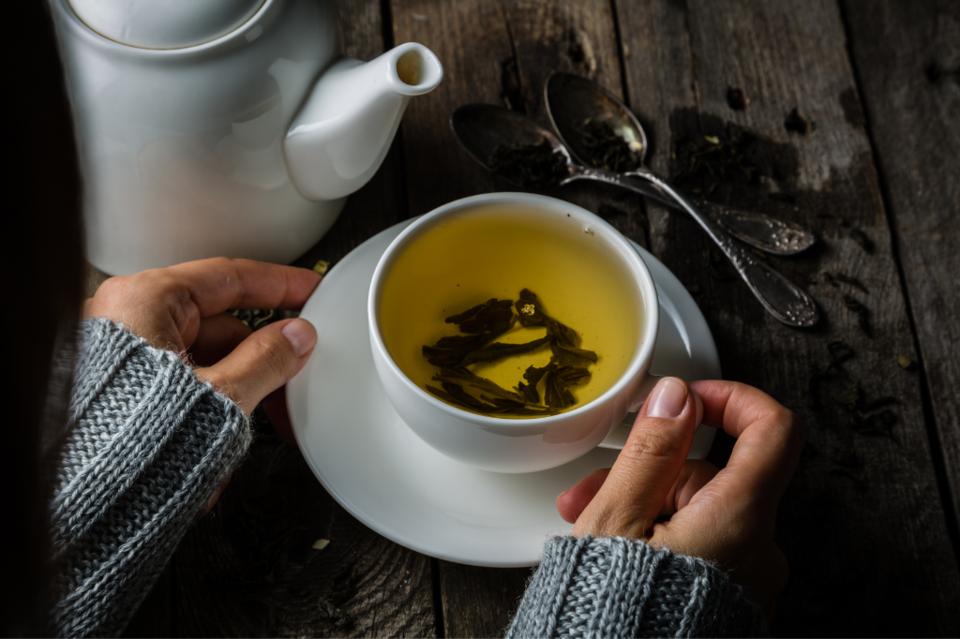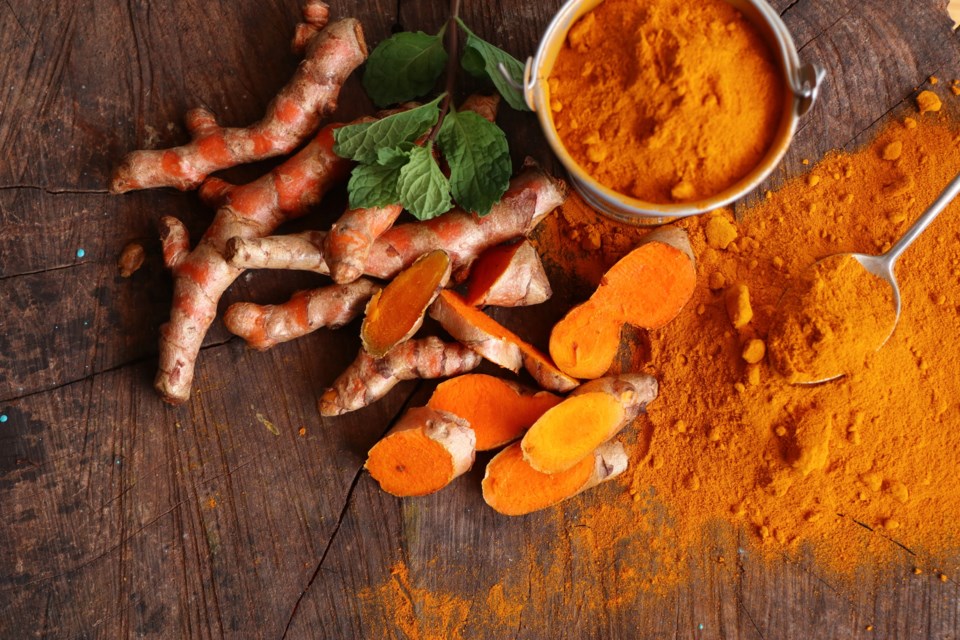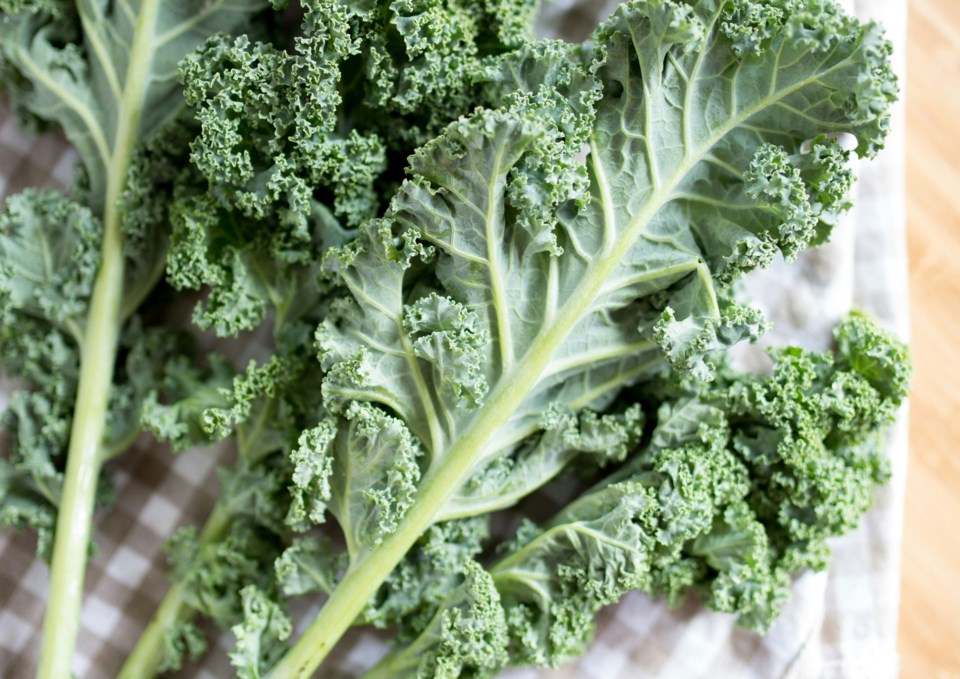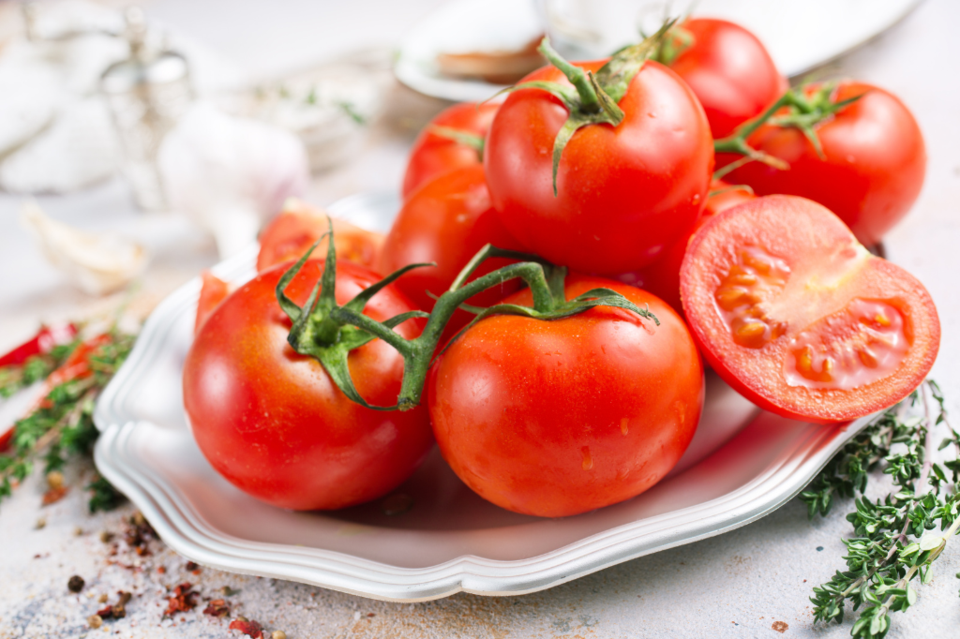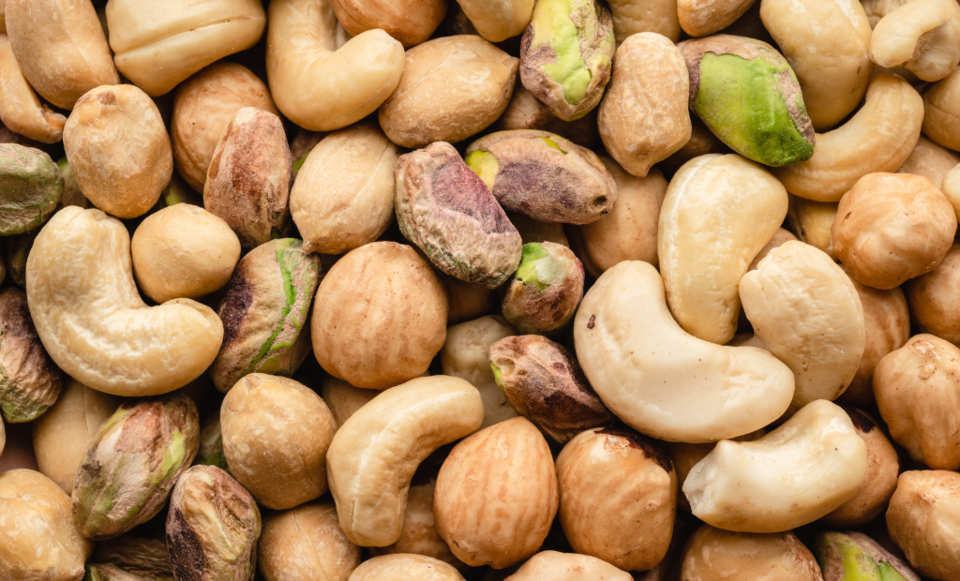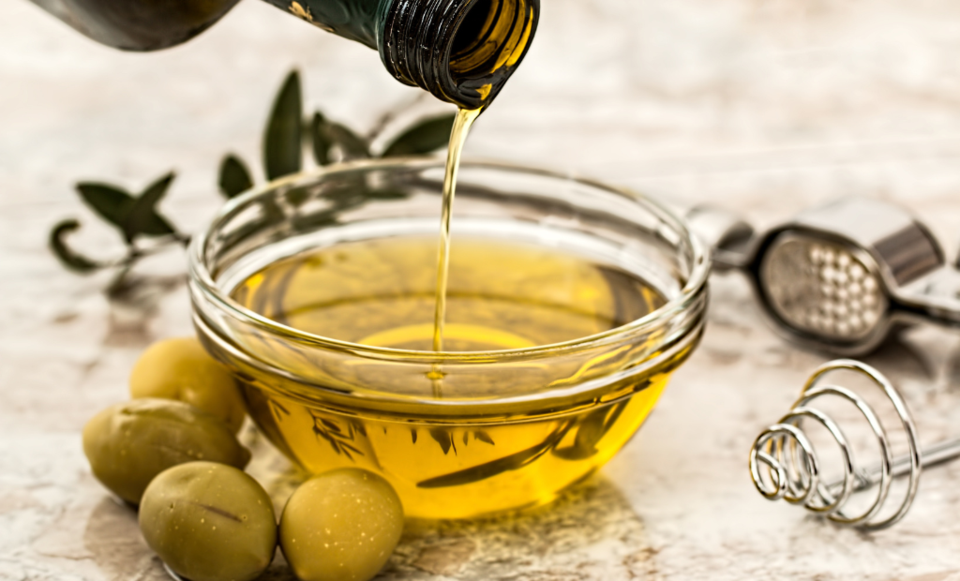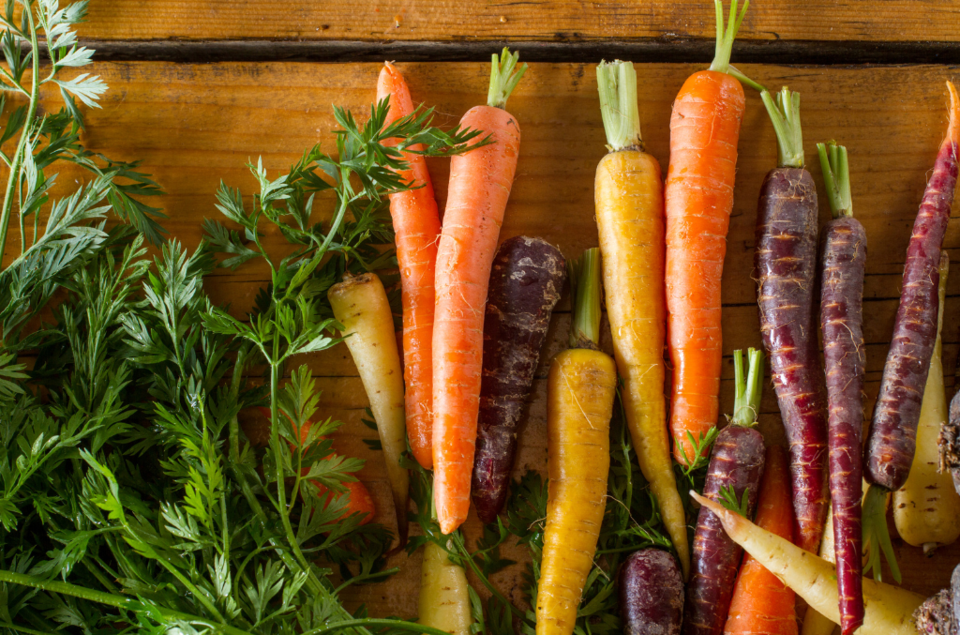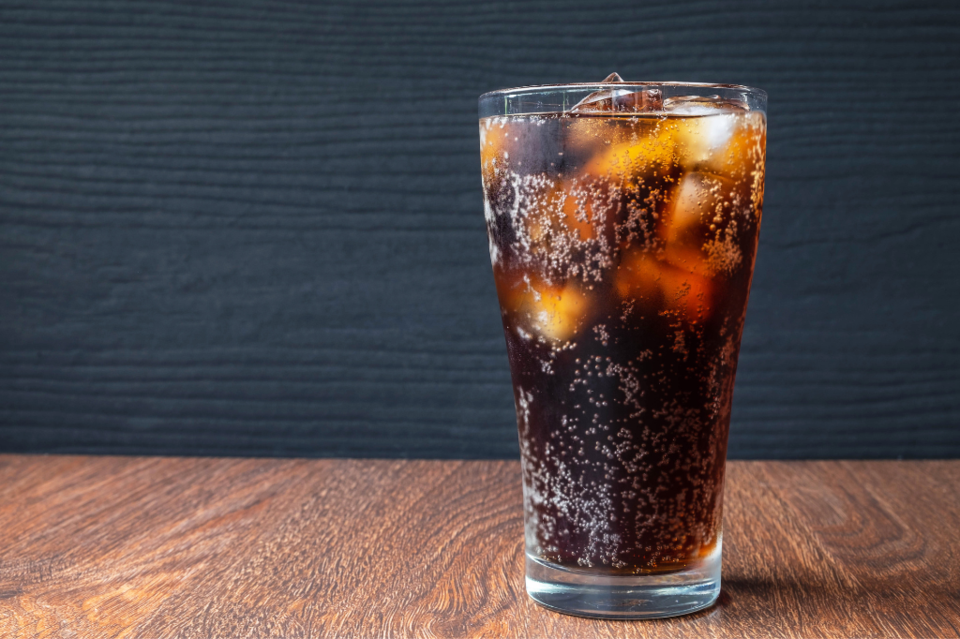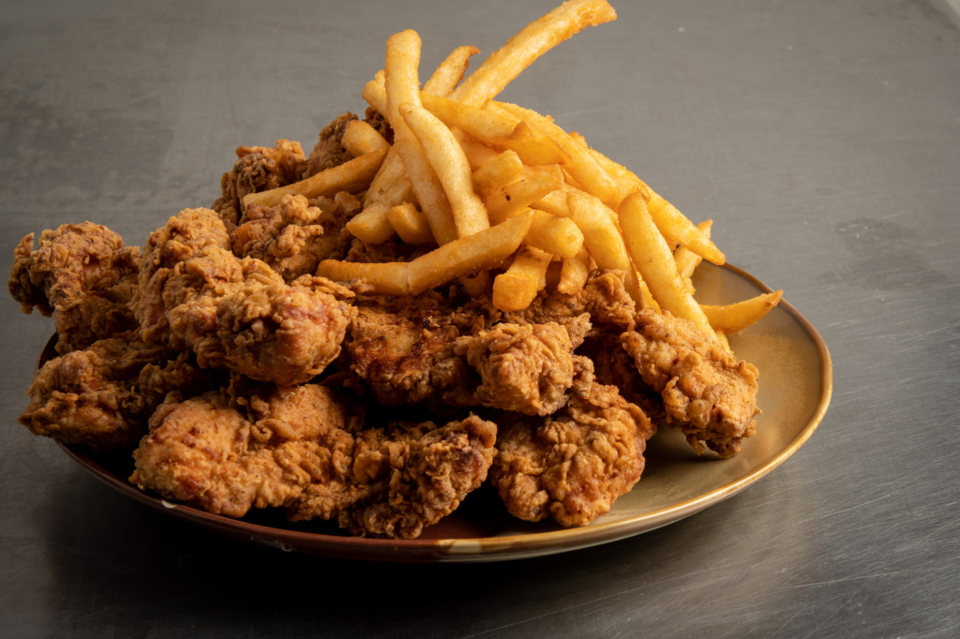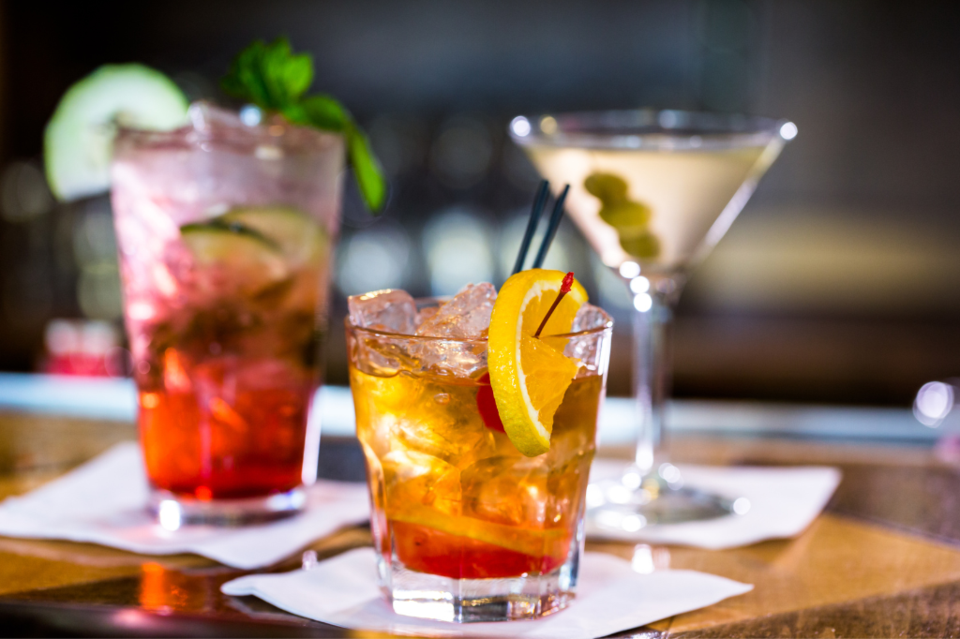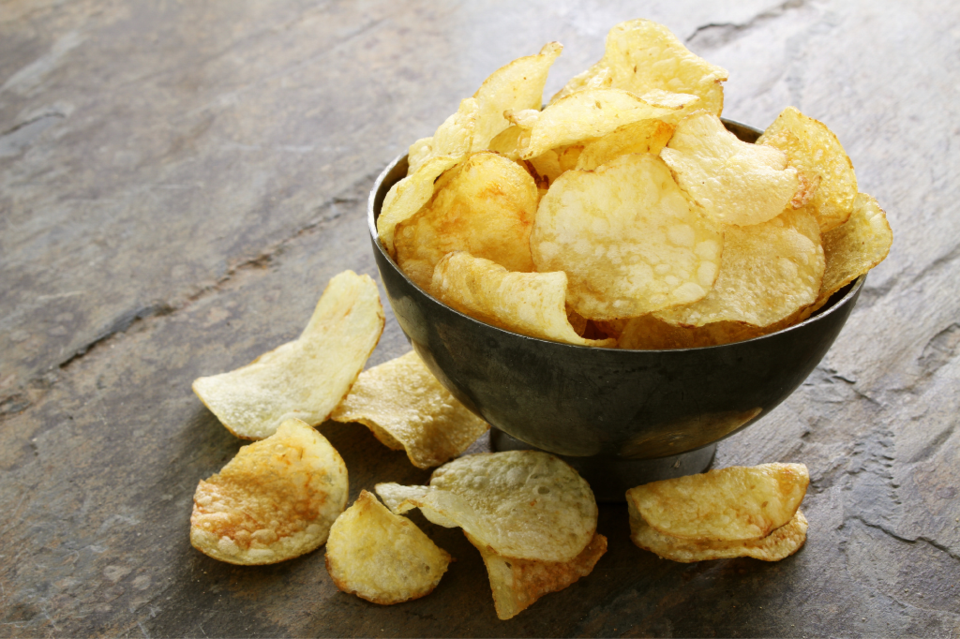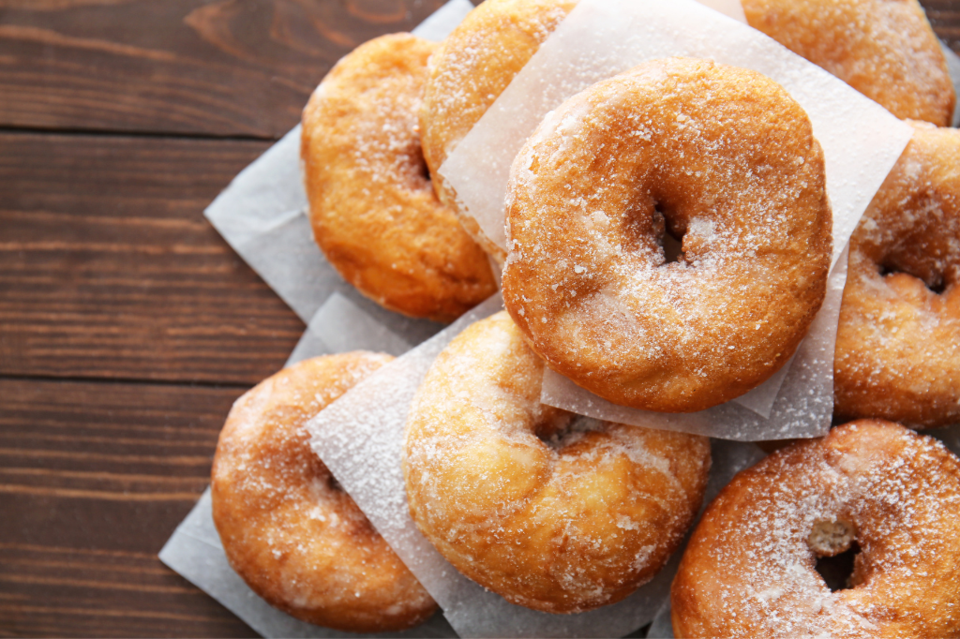Cancer is a disease that touches nearly everyone in one way or another, regardless of age or status. The recent news of Kate Middleton's cancer diagnosis serves as a sobering reminder that no one is immune, not the young and seemingly healthy—not even royalty with access to the best of everything.
This reality underscores the importance of taking proactive steps to reduce our risk, and one of the most powerful tools at our disposal is our diet. Research consistently shows that certain foods can help protect against cancer, making them valuable additions to our meals.
Here, we explore some of the best foods for cancer prevention, supported by solid scientific evidence.
Best Foods for Cancer Prevention:
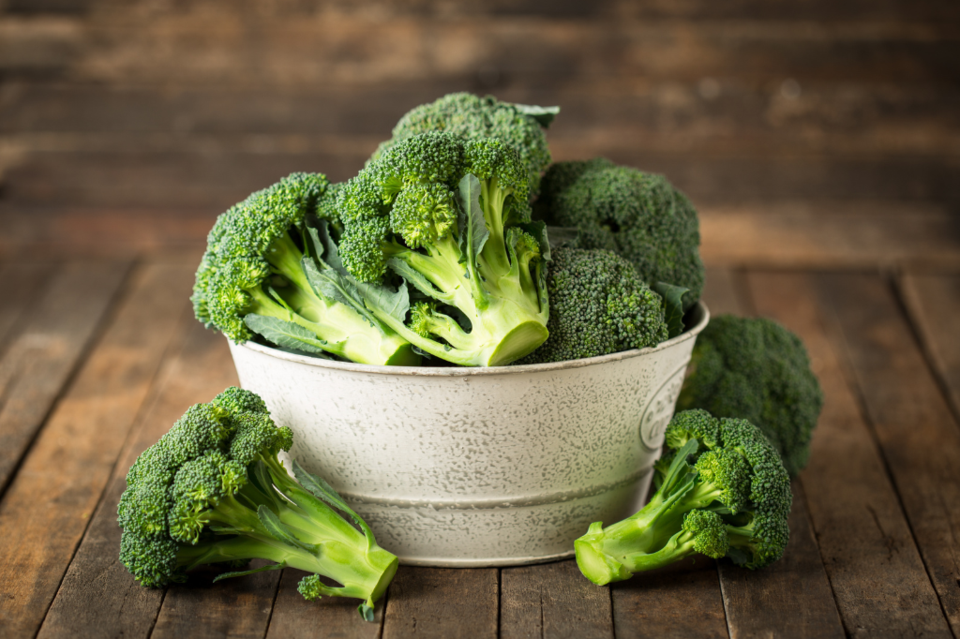
Broccoli:
Dubbed a "superfood," broccoli contains sulforaphane, a compound that inhibits cancer cell growth. Studies suggest it may reduce the risk of breast, prostate, lung, and colorectal cancers.
Try: Toss broccoli florets in olive oil, garlic, and lemon zest, then roast for a flavourful side dish packed with cancer-fighting sulforaphane.
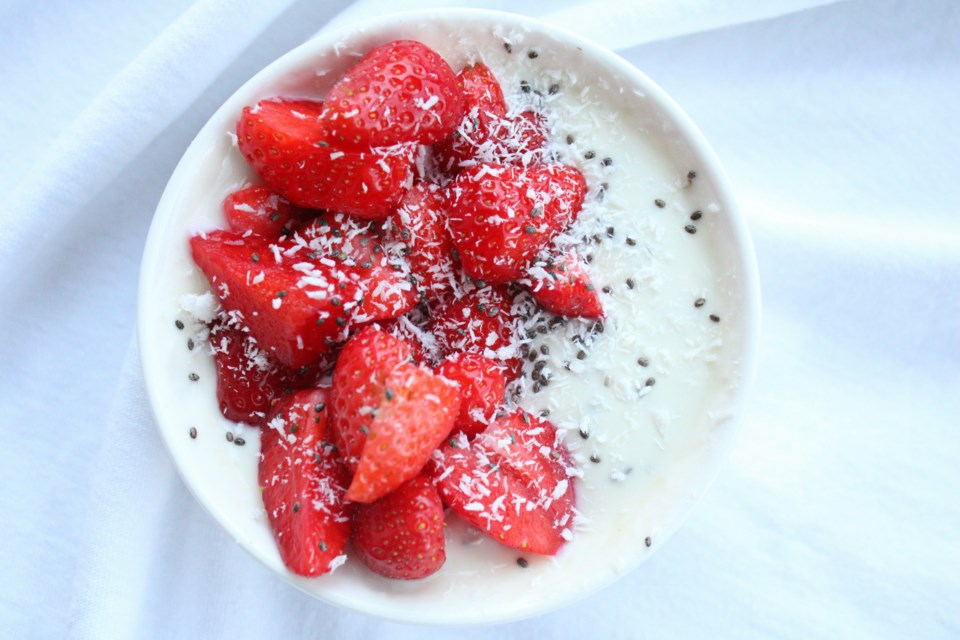
Berries:
Packed with antioxidants like anthocyanins, berries have been linked to lower rates of esophageal, colorectal, and other cancers. They may also inhibit tumour growth.
Try: Blend mixed berries into a smoothie with Greek yogourt for a quick, antioxidant-rich breakfast that may help inhibit tumour growth.
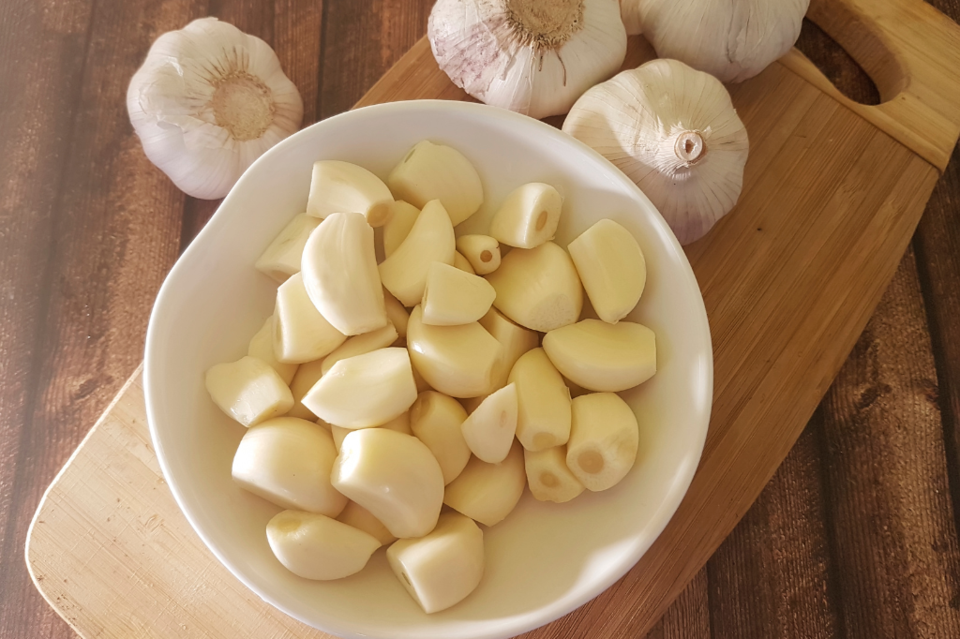
Garlic:
Rich in organosulfur compounds, garlic has potent anti-cancer properties. It's been associated with a decreased risk of stomach, colorectal, and prostate cancers.
Try: Crush garlic into salad dressings or sauté with veggies to add a delicious kick and benefit from its anti-cancer properties.
Green Tea:
Known for its high levels of catechins, green tea has been studied for its potential to reduce the risk of breast, prostate, and colorectal cancers.
Try: Sip on green tea infused with lemon and mint throughout the day for a refreshing beverage loaded with cancer-fighting catechins.
Turmeric:
Turmeric contains curcumin, a compound with potent anti-inflammatory and antioxidant properties. Studies suggest that curcumin may help prevent several types of cancer, including breast, colon, and prostate cancers. Incorporating turmeric into your diet, either through cooking or as a supplement, can be a beneficial strategy for cancer prevention.
Try: Sprinkle turmeric on roasted vegetables or mix into soups and stews for a colourful and flavourful addition with potent anti-inflammatory benefits.
Leafy Greens:
Vegetables like spinach, kale, and Swiss chard are rich in fibre, vitamins, and minerals that support overall health. They may also reduce the risk of several types of cancer.
Try: For a delicious cancer-preventing meal, create a nutrient-packed salad with spinach, kale, and Swiss chard, topped with nuts and a light vinaigrette.
Tomatoes:
Tomatoes are a great source of lycopene, a powerful antioxidant. Studies suggest lycopene may reduce the risk of prostate, lung, and stomach cancers.
Try: Sliced tomatoes drizzled with olive oil and sprinkled with basil are a simple yet flavourful snack rich in cancer-fighting lycopene.
Nuts:
Nuts are high in healthy fats, vitamins, and minerals, and these tasty and satiating snacks may also help reduce the risk of colon, pancreatic, and endometrial cancers.
Try: Snack on a mix of nuts and dried fruits for a satisfying and nutrient-dense option that may help lower the risk of certain cancers.
Olive Oil:
Extra virgin olive oil is a Mediterranean diet staple known for its high content of monounsaturated fats and antioxidants. Regular consumption of olive oil has been associated with a lower risk of breast and colorectal cancers. Use olive oil as a healthier alternative to other cooking oils or in salad dressings for added benefits.
Try: Use extra virgin olive oil in cooking and salad dressings for a healthy fat boost that supports cancer prevention, particularly breast and colorectal cancers.
Orange Foods (Carotenoids):
Carotenoids are essential compounds for cancer prevention, found in colourful fruits and vegetables like carrots, sweet potatoes, butternut squash and apricots. They require fat for absorption and are linked to reducing the risk of cancer, heart disease, and eye conditions like macular degeneration and cataracts.
Try: Slice one or two of your favourite orange-hued vegetables, arrange them on a sheet pan, drizzle with olive oil, salt, and pepper, and roast until tender.
Worst Foods for Cancer Risk:
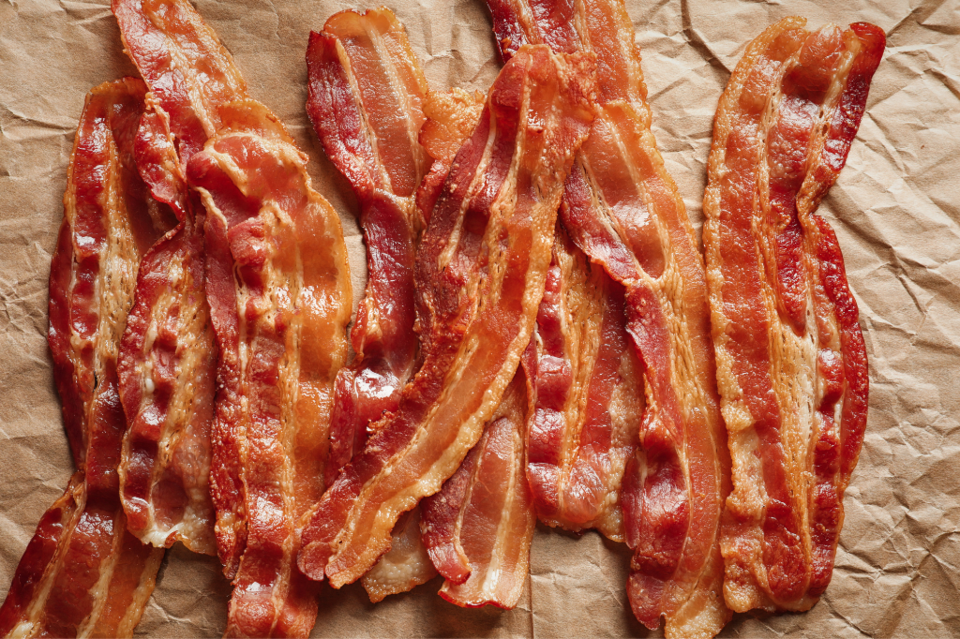
Processed Meats:
Limit the consumption of processed meats like bacon, sausage, and deli meats, which are linked to an increased risk of colorectal cancer.
Sugar-Sweetened Beverages:
Choose water, flavoured but unsweetened seltzers and tea over sugary drinks as often as possible. A high intake of sugary drinks is associated with a higher risk of several types of cancer, including breast, pancreatic, and colorectal cancers.
Fried Foods:
Deep-fried foods, such as French fries and fried chicken, contain high levels of unhealthy fats and may increase the risk of prostate and breast cancer.
Alcohol:
Drink in moderation. Excessive alcohol consumption is a known risk factor for various cancers, including liver, breast, and colorectal cancers. Limiting your alcohol intake can help lower cancer risk.
Trans Fats:
Foods high in trans fats, such as certain margarines, chips, and baked goods, may raise the risk of breast and prostate cancers. Opt for healthier fats like olive oil instead.
Highly Processed Foods:
Ultra-processed foods like fast food, packaged snacks, and sugary treats often contain additives and preservatives that may contribute to cancer risk. Choose whole, unprocessed foods whenever possible or shop for cleaner snacks with short ingredient lists you easily understand.
About the Author

Alicia is a journalist and editor in digital and print media specializing in health, nutrition, fitness, and wellness. She was previously the Editorial Director of Clean Eating and Vegetarian Times. Her work has also appeared in Hone Health The Edge, Yoga Journal, Women’s Running, and Oxygen, among others. In addition to being a content creator, she's an ISSA-certified nutritionist, certified personal trainer, and fitness studio owner in Toronto. Alicia loves spreading the word about helpful, science-backed health information, and she can be contacted via her website at aliciamtyler.com.

